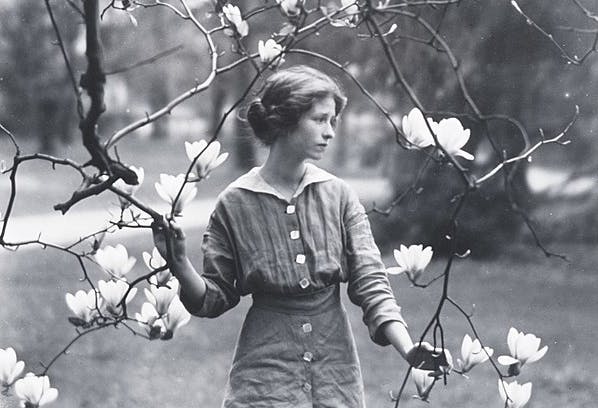Poem of the Day: ‘I, Being Born a Woman and Distressed’
Though the English sonnet quickly became an entrenched innovation, the Italian or Petrarchan sonnet has remained popular among poets writing in English.

The sonnet traveled from Italy to England by way of the Tudor poet and diplomat Thomas Wyatt, whom Poem of the Day will feature tomorrow as part of the Sun’s weeklong homage to this enduring and versatile form. Though the English or Shakespearean sonnet — developed not by Shakespeare, as it happens, but by Wyatt’s contemporary, Henry Howard, Earl of Surrey — quickly became an entrenched innovation, the Italian or Petrarchan sonnet has remained popular among poets writing in English. The Shakespearean sonnet builds its momentum over the course of three quatrains, to deliver the final punch in a closing couplet. The Petrarchan sonnet, like today’s selection by Edna St. Vincent Millay (1892–1950), instead spends its abbaabba octet fomenting a problem, which it then resolves more ruminatively in the closing sestet, whose rhyme scheme may vary. Here the rhyming pattern is cdcdcd, as the sardonic speaker concludes that sexual desire, on whose power she has just spent eight lines meditating, nevertheless has its limits.
Please check your email.
A verification code has been sent to
Didn't get a code? Click to resend.
To continue reading, please select:
Enter your email to read for FREE
Get 1 FREE article
Join the Sun for a PENNY A DAY
$0.01/day for 60 days
Cancel anytime
100% ad free experience
Unlimited article and commenting access
Full annual dues ($120) billed after 60 days
